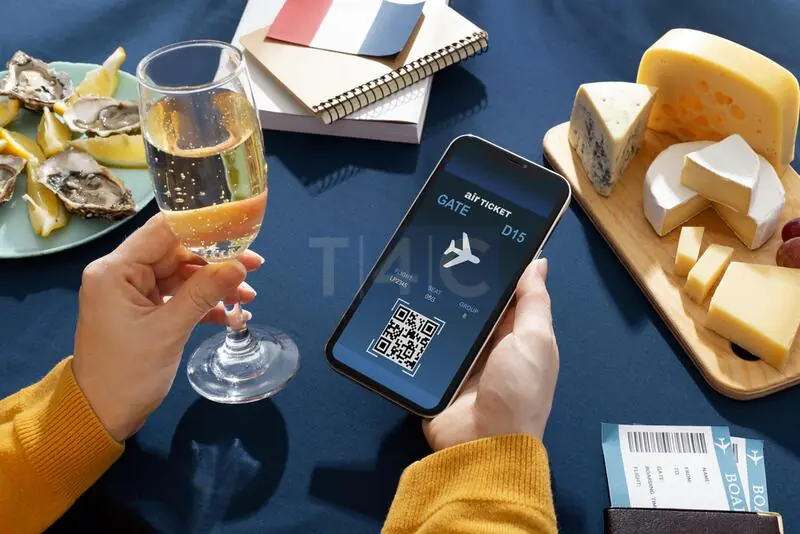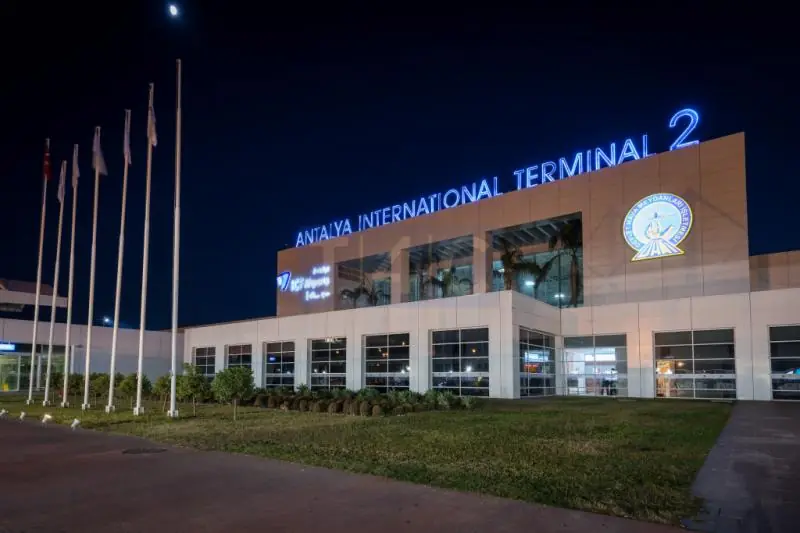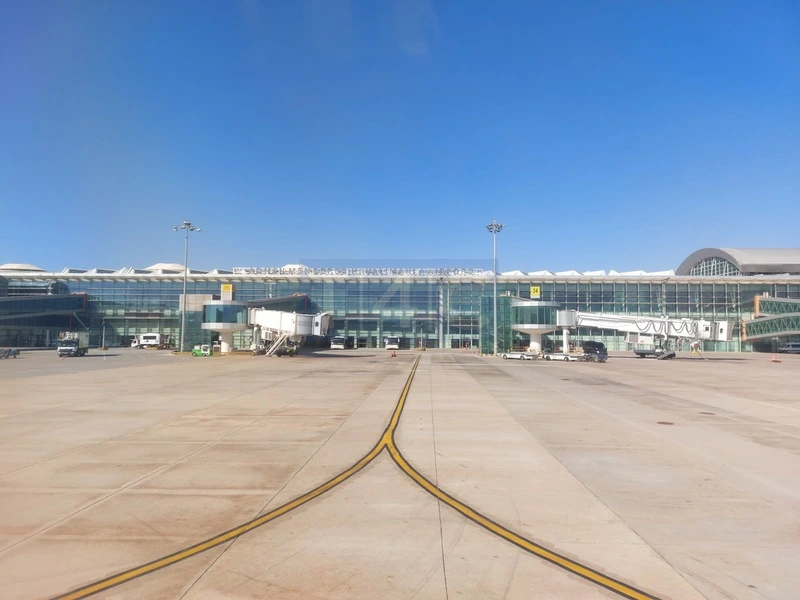Technological Advances in Airport Services and Transfers
In recent years, the airport transfer industry has witnessed significant technological advancements that enhance the overall travel experience. These innovations not only streamline operations but also improve customer convenience, safety, and satisfaction. From real-time flight tracking to mobile apps for booking and payment, technology plays a crucial role in modern airport services. Additionally, the integration of artificial intelligence and big data analytics allows for more efficient resource management and personalized services. As airports continue to adopt cutting-edge solutions, travelers can expect smoother transfers, reduced wait times, and a more enjoyable journey overall.
Technology has fundamentally transformed the landscape of airport services and transfers, leading to a more efficient and customer-centric experience. One of the most significant advancements is the emergence of mobile applications, allowing travelers to book transfers seamlessly from their smartphones. These apps often provide real-time updates on flight status, enabling passengers to adjust their transfer plans accordingly. Furthermore, many of these applications incorporate GPS tracking, ensuring that drivers arrive on time and that passengers can monitor their ride’s progress.
Another noteworthy innovation is the use of automated systems for check-in and boarding processes at airports. Self-service kiosks and biometric scanning technologies have expedited these procedures, reducing wait times and enhancing passenger flow. This not only improves the overall airport experience but also allows transfer services to operate more efficiently, as they can better predict arrival and departure times based on real-time data.
Artificial intelligence (AI) and machine learning are also making waves in airport transfer services. These technologies analyze vast amounts of data to optimize routes, predict traffic patterns, and even suggest the best time for travelers to book their transfers. By leveraging AI, companies can offer personalized recommendations, ensuring that each passenger's needs are met.
Moreover, the rise of electric and autonomous vehicles is set to revolutionize airport transfers further. Many airports are exploring electric shuttle services to reduce carbon footprints and enhance sustainability. Autonomous vehicles promise to offer an efficient and reliable means of transport, potentially reducing labor costs and improving safety through advanced sensors and navigation systems.
As we look to the future, we can expect continuous advancements in airport technology, driven by the demand for improved customer experiences and operational efficiencies. Innovations such as contactless payments, augmented reality (AR) for navigating airports, and enhanced data security measures will further elevate the standard of airport services and transfers. In conclusion, the integration of technology in airport transfers not only simplifies the travel process but also enhances the overall experience, making it more enjoyable and efficient for all passengers.















